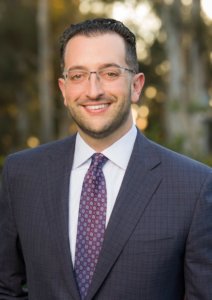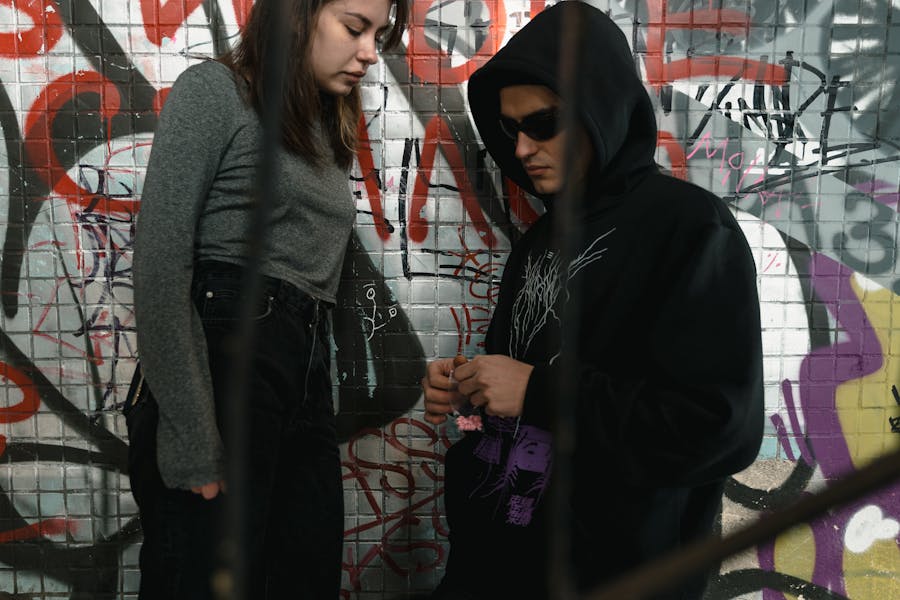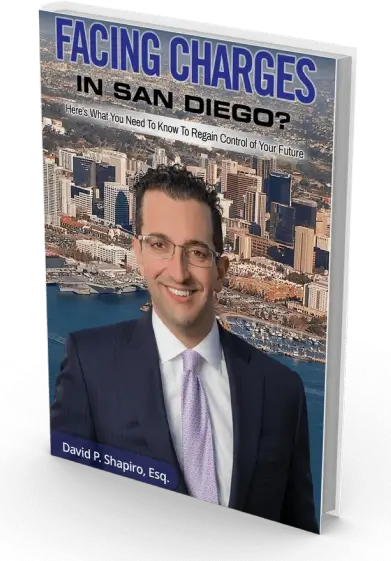What Are Special Circumstances in California Murder Cases?

If you’ve followed any high-profile murder trial in California, you’ve likely heard prosecutors announce they’re seeking “special circumstances.” This legal term can literally mean the difference between a defendant eventually returning to society or facing either life in prison without parole or even the death penalty.
Special circumstances fundamentally transform murder cases in California, elevating them to capital crimes with the most severe consequences possible under state law. But what exactly qualifies as a “special circumstance,” and why do these designations carry such weight in our legal system?
Recently, this legal concept made headlines when Los Angeles prosecutors charged a youth soccer coach with murder with special circumstances in the death of a 13-year-old player. This case illustrates how certain aggravating factors can dramatically alter the trajectory of a murder prosecution.
What Are Special Circumstances Under California Law?
Special circumstances are specific factors that make a murder case eligible for the most severe penalties under California law – either the death penalty or life in prison without the possibility of parole (LWOP).
As our firm’s founder David P. Shapiro explained in a recent interview about the soccer coach case: “What’s unique about special circumstances in California is that that makes it a capital case, so the death penalty legally speaking is in play whenever someone would be convicted of the underlying offense, in this case first-degree murder, and then the special circumstances.”
These special circumstances are detailed in California Penal Code § 190.2, which lists 22 specific situations that can elevate a “regular” first-degree murder to a capital offense.
The Most Common Special Circumstances in California
While the statute lists 22 different special circumstances, some appear more frequently in California murder prosecutions:
1. Murder During Certain Felonies (Felony Murder)
One of the most commonly charged special circumstances occurs when a murder happens during the commission of another serious felony. Under Penal Code § 190.2(a)(17), if someone is murdered during a:
…the alleged killer can face special circumstances allegations.
In the Los Angeles soccer coach case, prosecutors referenced the special circumstance of murder during the commission or attempted commission of lewd acts on a child. As Shapiro noted: “The special circumstances alleged here involves the attempted or the actual act of lewd act on a child or sexual abuse of the child.”
2. Multiple Victims
If a defendant is convicted of multiple murders (either in the same case or in separate proceedings), this qualifies as a special circumstance under § 190.2(a)(3).
3. Murder for Financial Gain
Killings committed for money—whether it’s for inheritance, insurance, or payment as a hit man—qualify as special circumstances under § 190.2(a)(1).
4. Murder of Specific Victims
California law provides special protection to certain victims, including:
- Peace officers (§ 190.2(a)(7))
- Witnesses to prevent testimony (§ 190.2(a)(10))
- Prosecutors (§ 190.2(a)(11))
- Judges (§ 190.2(a)(12))
- Jurors (§ 190.2(a)(20))
5. Especially Heinous, Atrocious, or Cruel Murders
Under § 190.2(a)(14), murders that are “especially heinous, atrocious, or cruel, manifesting exceptional depravity” can qualify for special circumstances. The law defines this as “a conscienceless or pitiless crime that is unnecessarily torturous to the victim.”
6. Hate Crime Murders
If someone is murdered because of their race, color, religion, nationality, or country of origin, this qualifies as a special circumstance under § 190.2(a)(16).
How Prosecutors Must Prove Special Circumstances
Proving special circumstances requires a higher standard than just proving the murder itself. As David Shapiro explained:
“First they need to believe beyond a reasonable doubt that they could prove the underlying offense, in that case murder, and then beyond a reasonable doubt that this was during the commission or the attempted commission of a lewd act on a child.”
This “beyond a reasonable doubt” standard applies to each element of both the murder and the special circumstance allegation. Additionally, for most special circumstances, prosecutors must prove the defendant either:
- Was the actual killer
- Intended to kill while aiding the actual killer
- Was a major participant who acted with “reckless indifference to human life”
Special Circumstances Involving Minors and Sexual Abuse
Some of the most serious special circumstances cases involve crimes against children, particularly those with a sexual component. In the soccer coach case, the special circumstance allegation relates to murder during the commission of lewd acts on a child under 14 (§ 190.2(a)(17)(E)).
This type of case often involves what Shapiro described as “grooming,” where an adult in a position of trust—like a coach, teacher, or mentor—builds a relationship with a child for the purpose of eventually committing abuse.
“More often than not we are seeing cases where the victim and the suspect know each other and they know each other in some sort of relationship where there could be that grooming, where there’s some semblance of trust, where there’s some semblance of mentorship,” Shapiro noted.
When these positions of trust are violated in the most extreme way—resulting in murder—prosecutors nearly always seek special circumstances.
What Special Circumstances Mean for Defendants
When special circumstances are alleged, the stakes couldn’t be higher. A conviction means one of two possible sentences:
- Death penalty
- Life in prison without possibility of parole
As Shapiro explained regarding the Los Angeles case: “If that is proven, then we get into the capital punishment potentially as an ultimate outcome here.”
Even in counties where prosecutors rarely seek the death penalty, special circumstances still mean the defendant faces life without parole if convicted.
How Special Circumstances Impact Defense Strategy
For defense attorneys, special circumstances allegations completely transform their approach to the case. As Shapiro noted when asked how he would defend such a case:
“The first thing we want to do is ultimately to try and determine what type of evidence there is… what’s going to be on your cell phone… what’s on the minor’s cell phone from the time that he showed up to train… what else is out there and what is the worst… know what the worst is and then you can plan a defense accordingly.”
In cases with overwhelming evidence, defense strategy often shifts toward avoiding the death penalty rather than seeking acquittal. This might involve:
- Challenging the special circumstance allegation while conceding some criminal responsibility
- Focusing on mitigating factors during the penalty phase
- Negotiating a plea deal that removes death penalty consideration
According to Shapiro, in special circumstances cases, plea negotiations typically don’t begin until after the preliminary hearing: “Anytime you’re dealing with a special circumstances murder, it is highly unlikely to even be in a position to want to or where you should be negotiating any type of plea deal at least until you do the preliminary hearing.”
How Prior Criminal History Impacts Special Circumstances Cases
In many murder cases with special circumstances, the defendant’s prior criminal history becomes critically important. In the soccer coach case, prosecutors revealed the suspect had previously been investigated for assault with intent to commit a lewd act against another soccer player.
Shapiro explained that such prior allegations can be devastating to the defense: “As it relates to the special circumstances allegation of sexual abuse, under the evidence code in California if there were prior bad acts particularly as it relates to an alleged molest or sexual assault of a minor, that is something we’ll likely see.”
This means that even if the prior case wasn’t fully prosecuted, it can still be used as evidence in the special circumstances murder case—creating an even more challenging situation for the defense.
Why Special Circumstances Matter in Criminal Cases
Special circumstances allegations represent the most serious charges possible under California law. They transform what would already be a serious murder case into one where the defendant faces either death or life without parole.
For victims’ families, special circumstances can provide some comfort that the justice system recognizes the particularly heinous nature of certain murders. For defendants, they represent a legal line that, once crossed, leaves little hope of ever returning to society.
Understanding special circumstances is crucial for anyone following high-profile murder cases in California. When you hear prosecutors announce “murder with special circumstances,” you now know they’re signaling their intent to pursue the most severe punishment our legal system allows.
The contents of this article and blog are meant for informational and marketing purposes only and do not constitute legal advice. Viewing and/or use of the blog does not form an attorney-client relationship. No statements in this post are a guarantee, warranty, or prediction of a particular result in your case.









